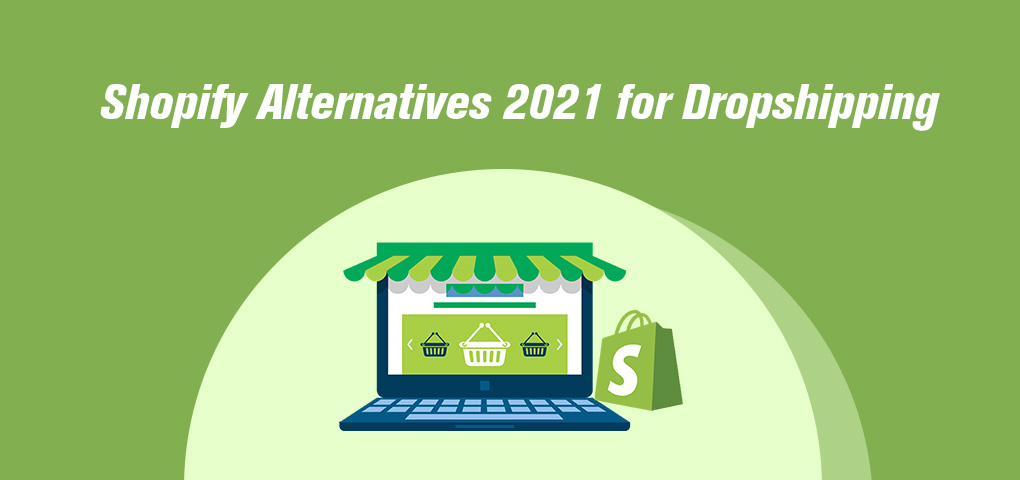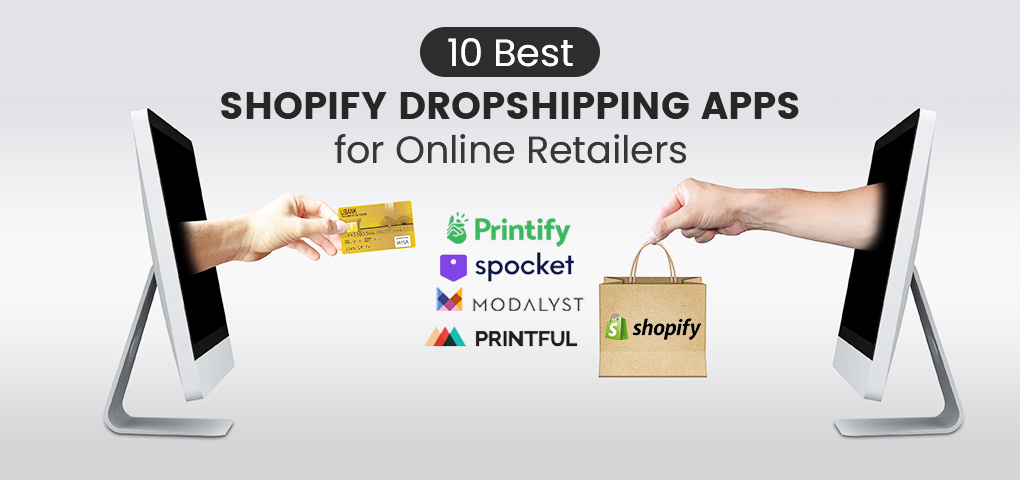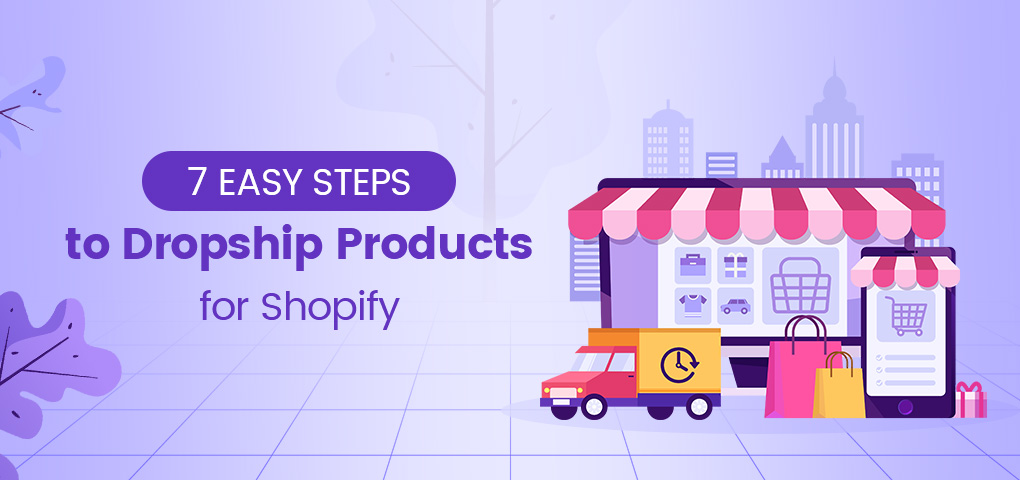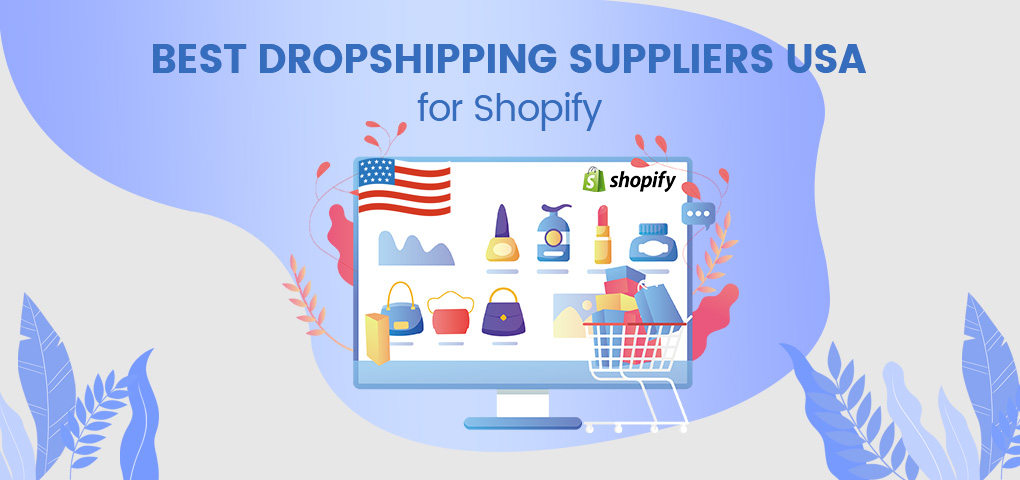E-commerce and Shopify are like the numbers 5 and 6 – they work flawlessly side by side. Shopify is popularly used by many businesses as it has proven to be the best all-around e-commerce platform today.
The popularity of Shopify can be traced to its simplicity, rich features, scalability, and security. However, there are alternatives for those looking for e-commerce platforms to sell online in 2021. This article is to mainly introduce the 10 best Shopify alternatives 2022 for dropshipping by starting with the analysis of Shopify.
Shopify Overview: Pros & Cons
Shopify was founded in 2006 by a Canadian-based software company as a complete e-commerce solution for manufacturers, dropshippers, wholesale, or retailers. It is undoubtedly the most highly recommended e-commerce platform on the market.
Many small and medium businesses use Shopify because it requires little or no coding skills, and it comes with comprehensive features that will help anyone create the best dropshipping website.
So why consider opting for an alternative when Shopify ranks as the most well-known e-commerce solution? Well, there are a few shortcomings to Shopify that make dropshippers seek alternatives. Stay tuned as we discuss the pros and cons of Shopify.
Shopify Pros:
1. Easy to use
Shopify is the most user-friendly e-commerce platform. To sell on Shopify, you don't need to be an expert programmer or have the knowledge of coding before you can design a beautiful online store. Easy-to-use tools are provided to get started immediately.
2. Design, Themes, Apps, and Templates
You'll find thousands of good-looking themes and apps that can help you create a stunning website when using Shopify. It also comes with a variety of sleek templates to choose from.
3. Specifically designed for e-commerce websites
Shopify is specifically built for e-commerce websites. It is a premade online store waiting for you to add [almost only] your business logo and slogan. Shopify is also scalable; i.e. users can access it on different devices, including smartphones, tablet PCs, and computers.
4. Excellent customer support
This is probably why Shopify is the most recommended dropshipping e-commerce solution. Shopify's support team is available, round-the-clock, to assist with their service.
5. Security
Shopify takes care of privacy and security for your store. You don't have to worry about a security leak. They take care of all that and much more!
6. Performance
With Shopify, you will not experience downtime. Websites hosted on Shopify are fast, reliable, and boasts 99.9% uptime.
7. Perfect for dropshipping
Shopify integrates perfectly with Oberlo and other dropshipping apps and plugins making it the right choice for dropshippers.
Shopify Cons:
1. Additional transaction fees
Shopify will charge up to 2% for every transaction outside Shopify's in-house payment service.
2. Monthly fee
Getting started with Shopify requires a basic fee of $29 per month.
3. Lacks advanced features
While Shopify is easy to use, it lacks several advanced features that will be beneficial to your dropshipping store. Some of those are real-time shipping rates, not accepting gift cards [though only available in the higher-tier plans]. Get ready to pay additional monthly charges if you want additional features.
4. Liquid
Shopify's custom template mark-up language lacks finesse and isn't the best on the market.
5. SEO tools
SEO is crucial for any e-commerce or dropshipping website. Ranking on search engines requires a level of customization. With Shopify, you can't customize all pages [like the checkout page]. This might affect your performance on search engines.
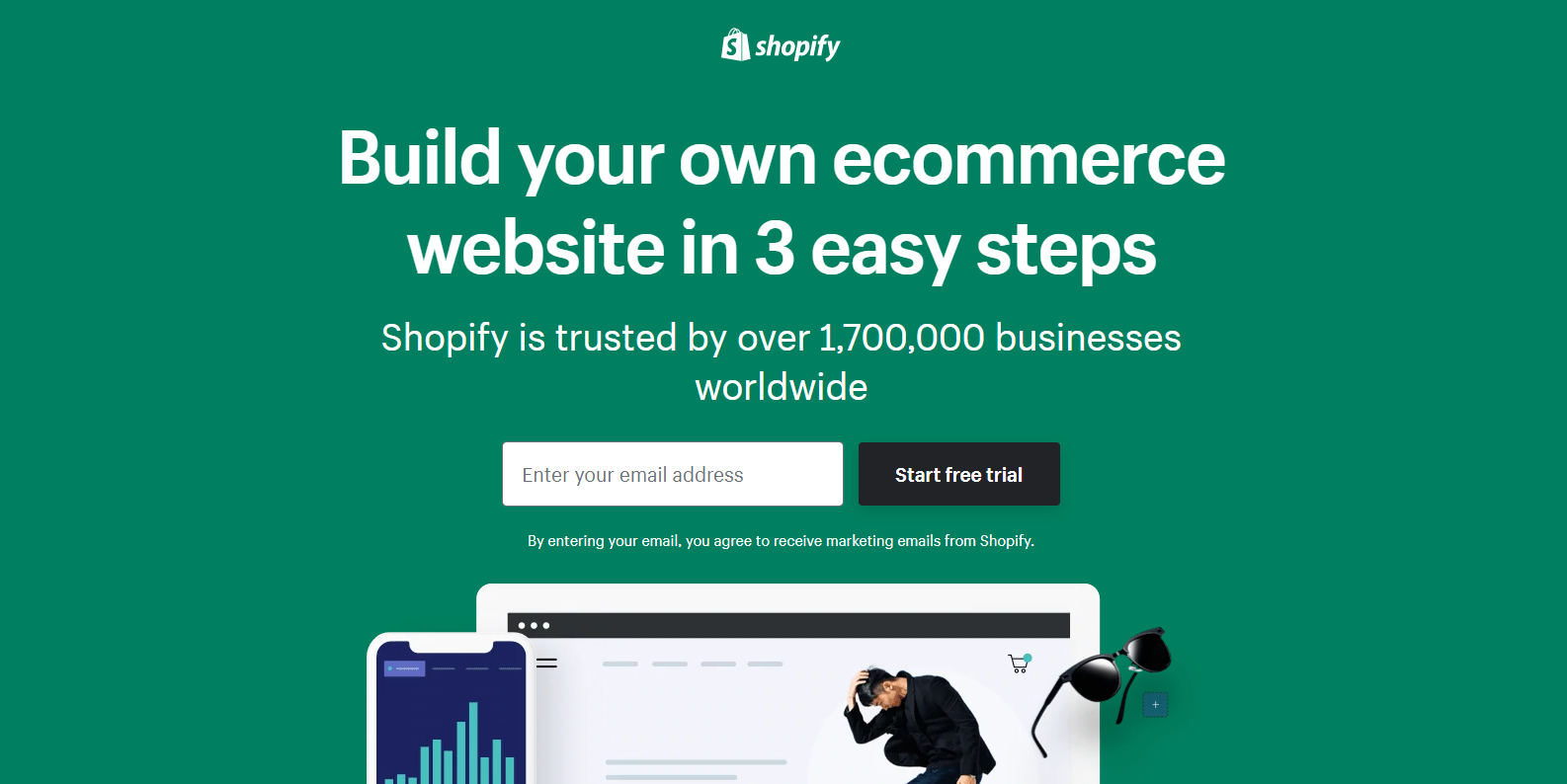
Why Choose Alternatives to Shopify?
While Shopify is the most recommended platform for e-commerce, the cons might be heavy for certain kinds of businesses to risk. For this reason, many businesses seek the best Shopify alternatives for dropshipping. Fortunately, we have taken the time to compile the best Shopify alternatives out there. You can compare these services and make a wise decision that will best suit your business.
10 Best Shopify Alternatives 2021 for Dropshipping
There are plenty of Shopify alternatives to choose from, but settling on one can be difficult. Choosing an alternative to Shopify means you have to choose a platform that will not affect your business growth. Here are the 10 best Shopify alternatives for dropshipping in 2021.
1. BigCommerce
Bigcommerce is a complete all-in-one store builder for big online stores. It is perfect for dropshipping as you can manually add unlimited products to your store. With BigCommerce as a Shopify alternative, you can build a mobile-friendly site and pay only for the hosting.
What's more, there are no extra transaction fees. Dropshippers can set up stores using different payment methods. Though they are quite similar to Shopify, however, they offer more advanced features like free 14-days trial, automatic currency exchange rates, the ability to create gift vouchers, and seamless integration of the AliExpress Dropshipping app.
One thing I dislike about BigCommerce is the sales caps or threshold. If you subscribe for a basic plan [$29.95 per month] and your annual sales cap of $50,000 is exceeded, you will be automatically upgraded to the next plan which could cost you double subscription. If you have more to spend on advanced features and extensions, then you can enjoy this platform.
Pros
· No additional transaction fees
· Works for most business models
· Decent speed in the mobile store
· Strong SEO performance
· Unlimited number of products
· Fantastic theme designs
· A wide array of features
· Multi-channel selling
· Hosted
Cons
· Few free themes
· Expensive for high volume stores
· No one-click post-purchase upsells
· Steep learning curve
· Inconsistent speeds
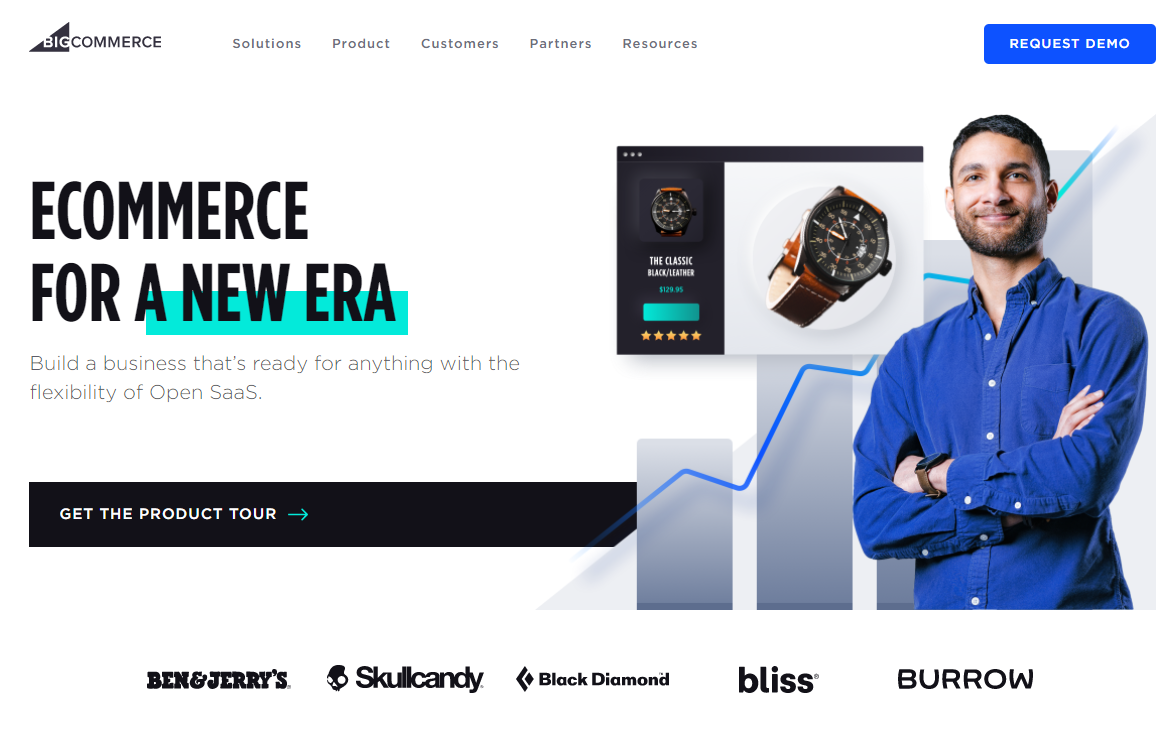
2. WooCommerce
Unlike Shopify, WooCommerce is not an all-in-one store builder. It is just a popular plugin that can be installed exclusively on WordPress. WooCommerce is easy to use and comes with a lot of functionalities and exciting features.
However, you need the knowledge of WordPress before you can build a dropshipping site with WooCommerce. A major drawback of WooCommerce is that you have to manage security, backups, and other integral processes yourself unless you opt for managed WordPress hosting [which will make you spend more].
Pros
· No additional transaction fees
· Easy to set up and use
· Free plans available
· Works seamlessly with WordPress
· Post-purchase or 1-click upsells available
Cons
· No knowledge of coding or programming required
· No hosting
· Can be slow
· Theme designs not too professional
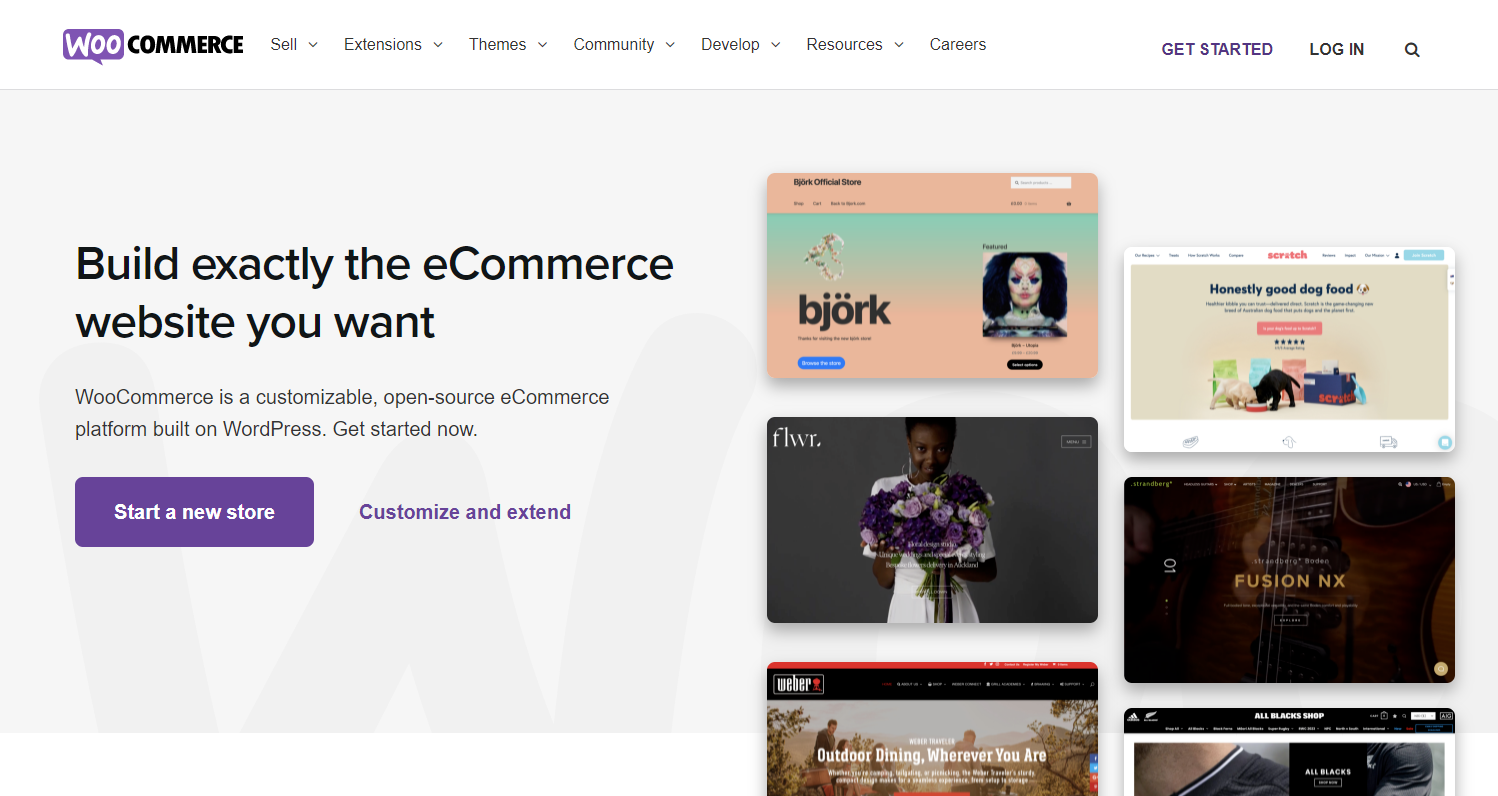
3. Magento
Magento is a free, open-source, platform with rich features. It can be downloaded for free from the official website; however, you'll need to pay programmers to create a stunning store for you. Magento comes with allows for advanced customization which is beneficial for those who know your coding. The open-source e-commerce platform can accommodate massive traffic while ensuring that your website remains up at all times.
When it comes to advanced features, optimization, security, and scalability, Magento makes a good Shopify alternative. However, the pricing can ward off small businesses. Of course, it is free but this comes with few features and without support. If you were to pay for support and other advanced features, get ready to cough out around $30, 000 a year – that's excluding what you'll pay to your in-house programmers.
Pros
· No monthly service charges
· Robust SEO tools
· Inventory management
· A broad selection of payment gateway options
· API for web services
· Thousands of extensions, advanced customization
· Responsive designs
Cons
· Requires coding and IT security skills
· Not recommended for small businesses or businesses with low budget
· Hosting is required
4. Wix
Dropshippers looking for an easy-to-use platform can switch to Wix. Wix is another Shopify alternative that will get your store up and running in no time. It consists of over 100 templates, a wide range of e-commerce-centered apps including Wix Chat, Wix Bookings, and SellDownloads, and sleek drag-and-drop features. You don't need to be a programmer before you create an online store with WIX. While Wix pricing is affordable [currently $17, $25, or $35 per month] you will need to pay yearly and not monthly. This can ward off businesses with a low budget.
Pros
· Drag-and-drop editor, tons of tutorials for self-learners
· Rich features
· Unique design, 100+ templates
· Works with many payment gateways
· Free plans with WIX branding
Cons
· Bandwidth and traffic limits
· Limited apps vs Shopify
· Poor SEO
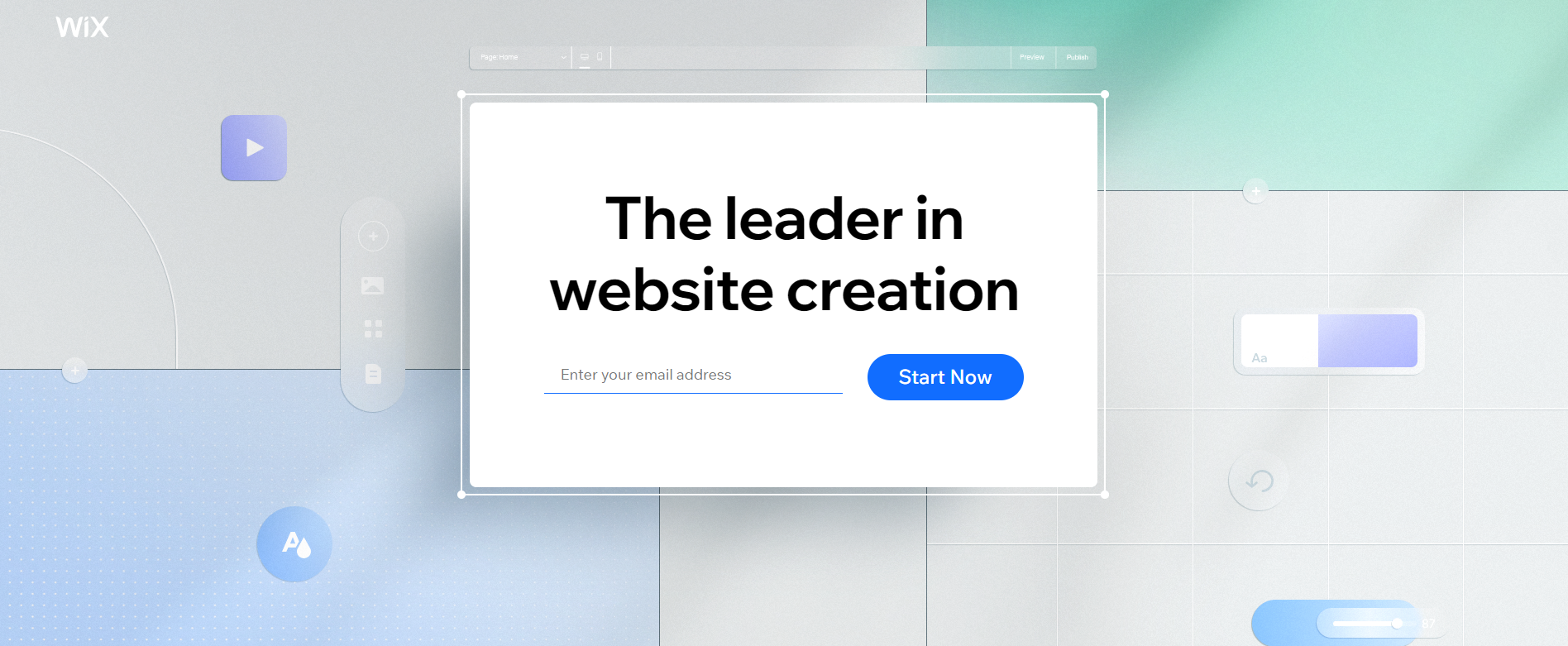
5. Weebly
Weebly is another popular website builder with interesting features. Its drag-and-drop feature makes website creation very easy – no wonder it is regarded as the most beginner-friendly platform for dropshippers. With Weebly, you can quickly design an online store to sell your product. It is scalable but doesn't offer the most advanced e-commerce solution. Also, the transaction fee is standard unless you upgrade to the Business plan. But this lets you sell unlimited products. Although Weebly lacks some powerful e-commerce functions that can be found on Shopify, to some degree, it is a decent alternative for beginners.
Pros
· Filter product search
· Intuitive editor
· Range of tools including videos and slideshows
Cons
· Transaction fee on the basic plan
6. Squarespace
Squarespace offers a robust website builder with an impressive range of tools. At $26 per month, their pricing is cheaper than Shopify, but they also have fewer tools available for e-commerce store owners. With the basic subscription, you will get unlimited pages, blogs, galleries, storage, bandwidth, contributors, checkout, free domain, and SSL security.
It comes in handy with its unique Instagram integration that can help dropshippers to increase reach and allow customers to buy from you directly in the Instagram app. One thing we don't like about Squarespace is that the payment method is limited to PayPal and Stripe. It also loads a bit slower in comparison to Shopify.
The current price of Squarespace is $15, $24, $28, or $42 per month and you'll get up to a 30% discount if you pay yearly – which makes it more affordable. What's more, it doesn't charge additional transaction fees, but PayPal and Stripe do.
Pros
· No additional transaction fees
· Easy to use and set up
· Ideal for simple stores with small product catalog
· Impressive designs
Cons
· Limited support
· Lacks multi-channel features
· Not as many add-ons as with Shopify
7. Volusion
Volusion is another Shopify alternative for dropshipping. It comes loaded with an extensive library of templates, plugins, and multiple payment options. eBay dropshippers will find Volusion handy as they can include a one-page checkout and embedded eBay integration available.
It also beats Shopify in additional transaction fees and offers analytics and customer insights but it lacks in other departments. The price of Volusion isn't welcoming for beginners and the basic package costs $29. You'll need to pay over twice the amount for the next available package $79 or $299 per month.
Pros
· Easy-to-use
· Unlimited product options
· No additional transaction fees
· Free quality themes
· Good mobile app
· Multiple payment processors
Cons
· Behind other hosted solutions in features
· The slowest of the marketing leading solutions
· Monthly bandwidth limit
· Lack of integration with Pla's and Pinterest
· You need coding skills
· Weak product search function
8. 3dcart
Although not a popular alternative to Shopify, 3dcart encourages dropshipping more. The platform provides amazing features that are available for the basic designing of a scalable online store. 3dcart offers Facebook sync, making it easier for you to reach out with your clients on the platform. 3dcart offers a decent mobile experience; however, they lack product search functionality.
Pros
· Supports 70+ payment gateways
· Unlimited product listings
· The fastest load time
· Good mobile store speed
· More features than Shopify
· No additional transaction fee
· In-house web design service
Cons
· Dated themes
· Shopify has better mobile UX
· Issues upgrading
· Negative reviews of support
· Dropshipping is better with Shopify
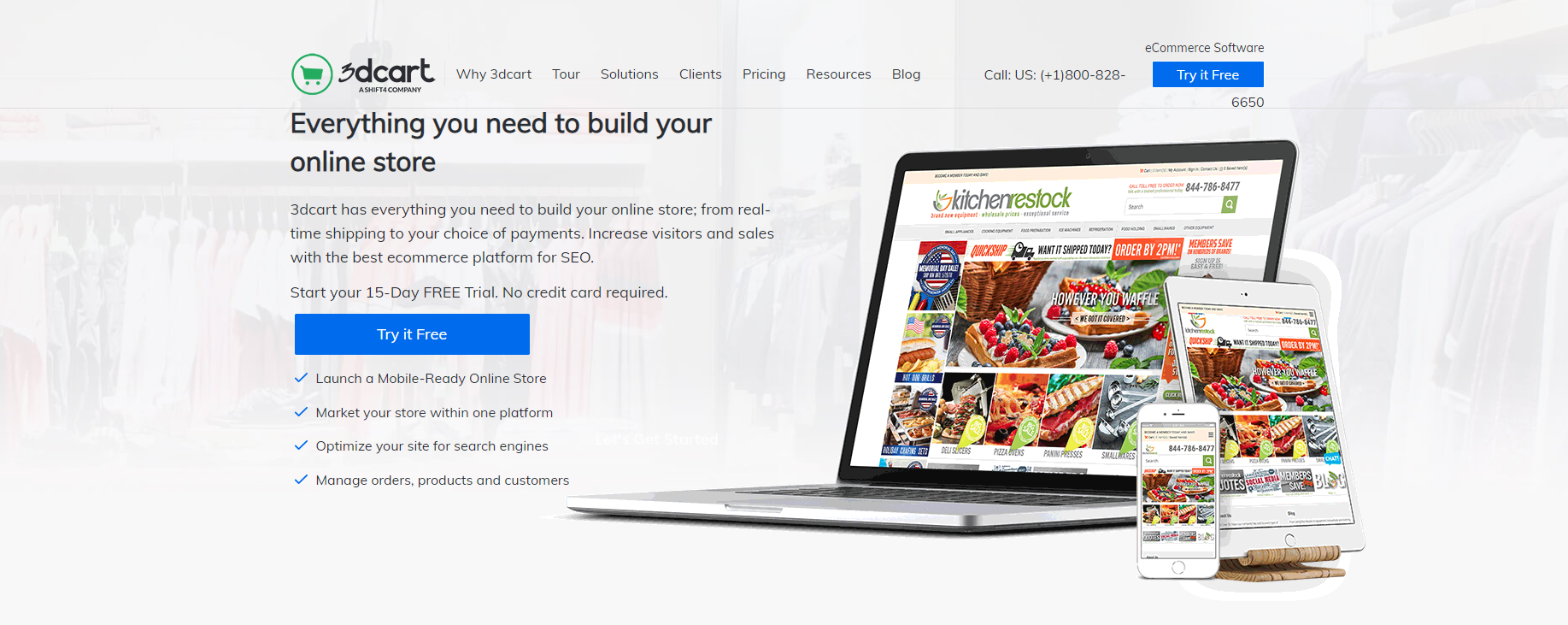
9. ShopBase
ShopBase is a fast-growing e-commerce platform that is on-demand by dropshippers. The automated store builder can help anyone to create a storefront from scratch. The pricing is affordable [starts at $19] compared to Shopify's $30. They also have an in-house fulfillment service that will help you deliver your products within 6-14 days.
Pros
· Cheaper alternative to Shopify
· No additional transaction fee
· Offers in-house fulfillment
· Build storefront automatically
Cons
· Poor SEO
· Not as many add-ons as with Shopify
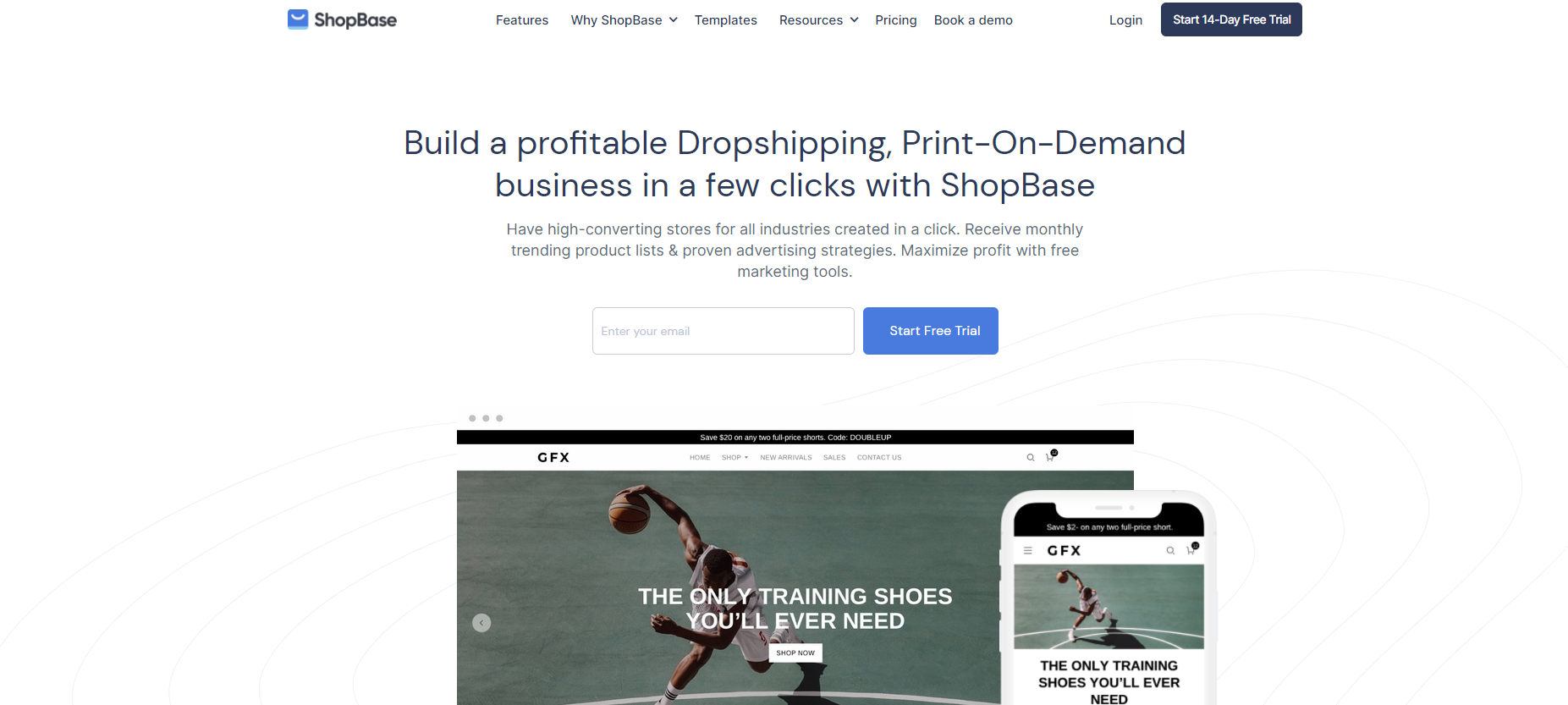
10. Ecwid
Ecwid offers a plan that is completely free but with no support and has limited features. But there are paid plans to choose from – quite affordable compared to Shopify. The major drawback is that there's no flexibility when it comes to changing the look of your store. For example, you cannot change the theme of your store; you can only adjust the store design by changing fonts, colors, and so on.
Pros
· Free to use
· Affordable plans
Cons
· No support on the free plan
· Only 10 products can be uploaded on the free plan
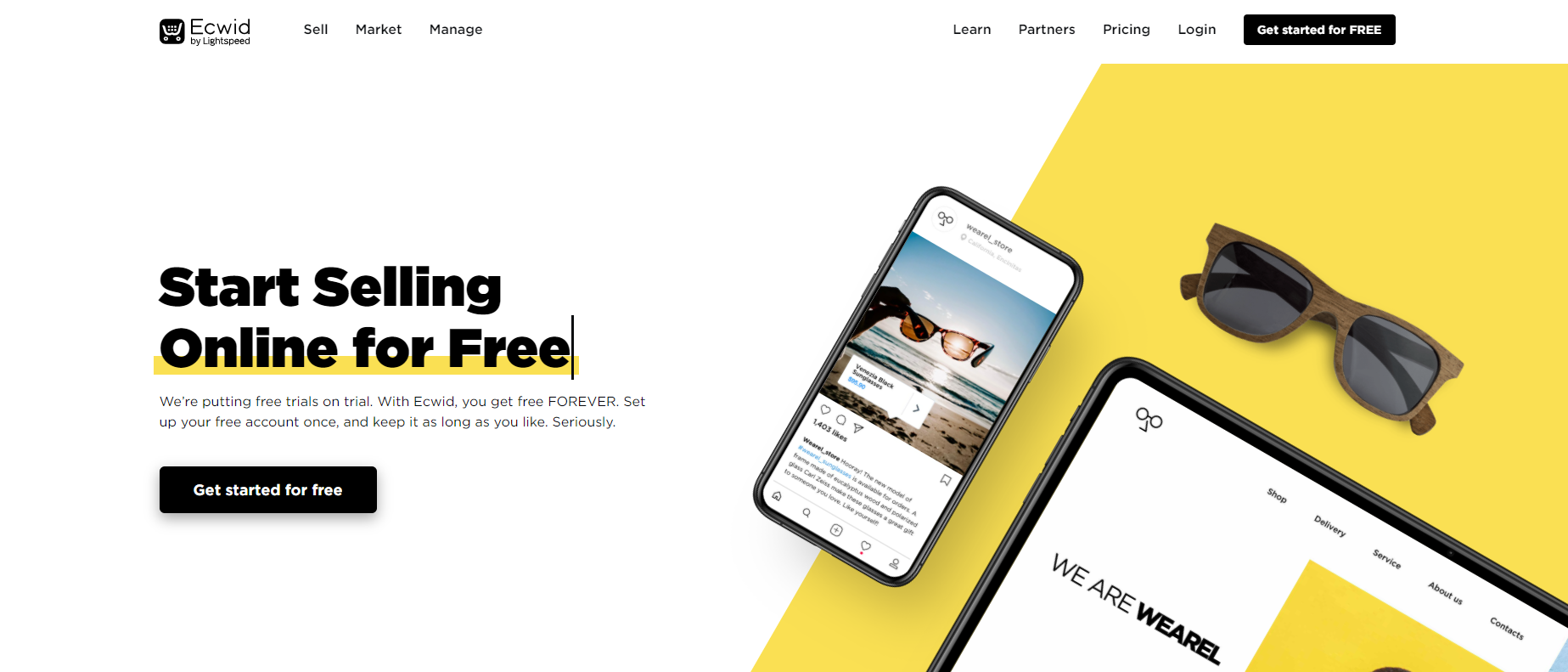
Conclusion
Yes, using Shopify will demand around $29 per month, but you will experience flawless service and great returns at the end. While medium and large businesses can cope with this monthly fee, small businesses might struggle. As a means to save resources, small businesses and dropshippers should consider the best Shopify alternatives listed above.
Bonus Tip: Choose a Dropshipping Supplier Which Supports Various E-commerce Platforms
Working with the best dropshipping suppliers like SaleYee.com gives you the peace of mind to start and grow your online e-commerce business. SaleYee boasts great compatibility with major e-commerce platforms, including Amazon, eBay, Wish, Walmart, Shopify, AliExpress, and much more. You can seamlessly associate your SaleYee account with these platforms, and orders can be automatically synchronized so as the tracking information, inventory, etc. SaleYee.com also provides API for those who are tech-savvy or with dedicated technical support. 

